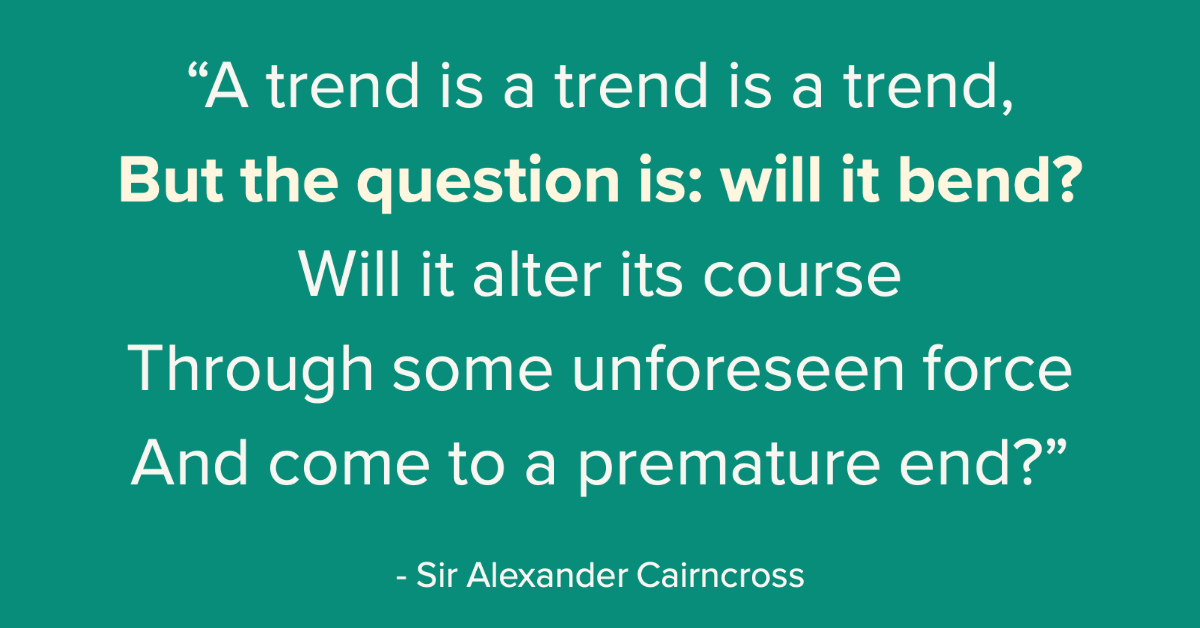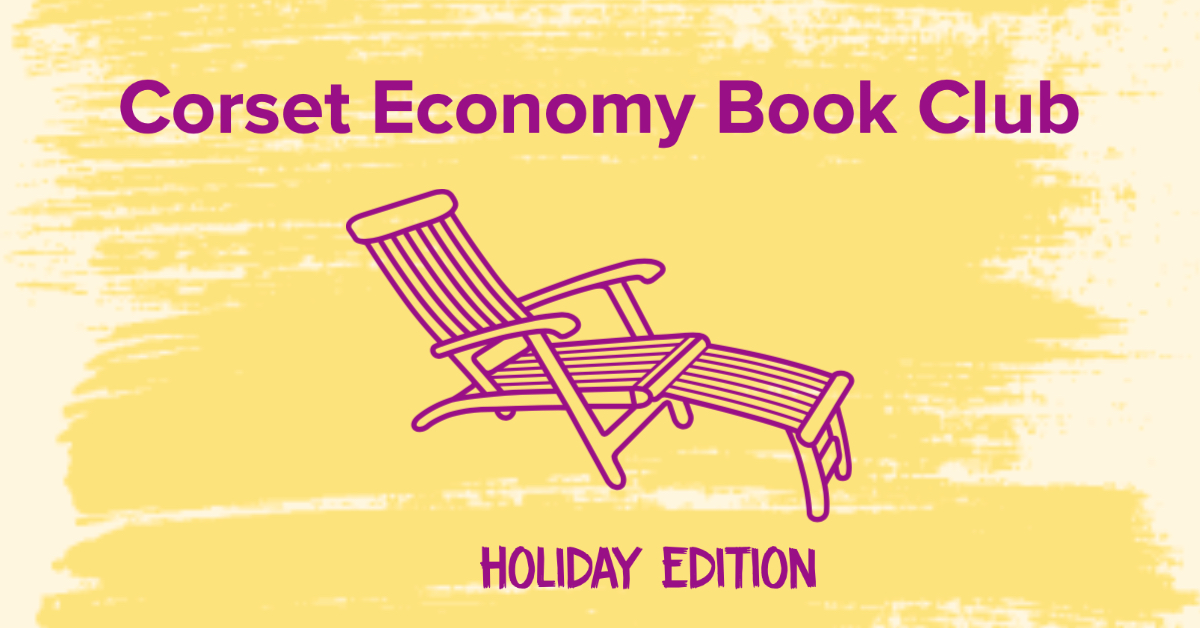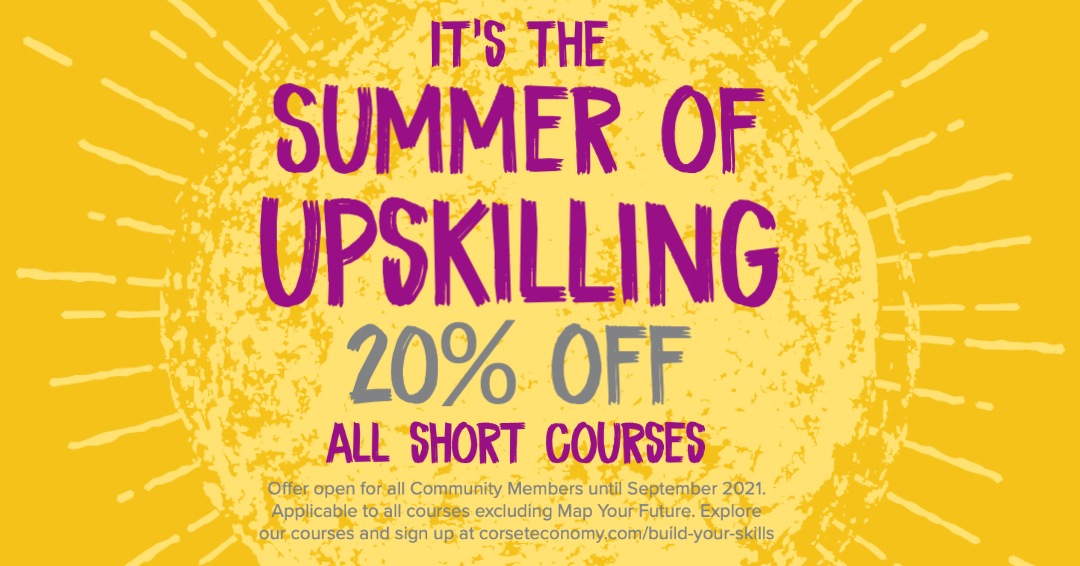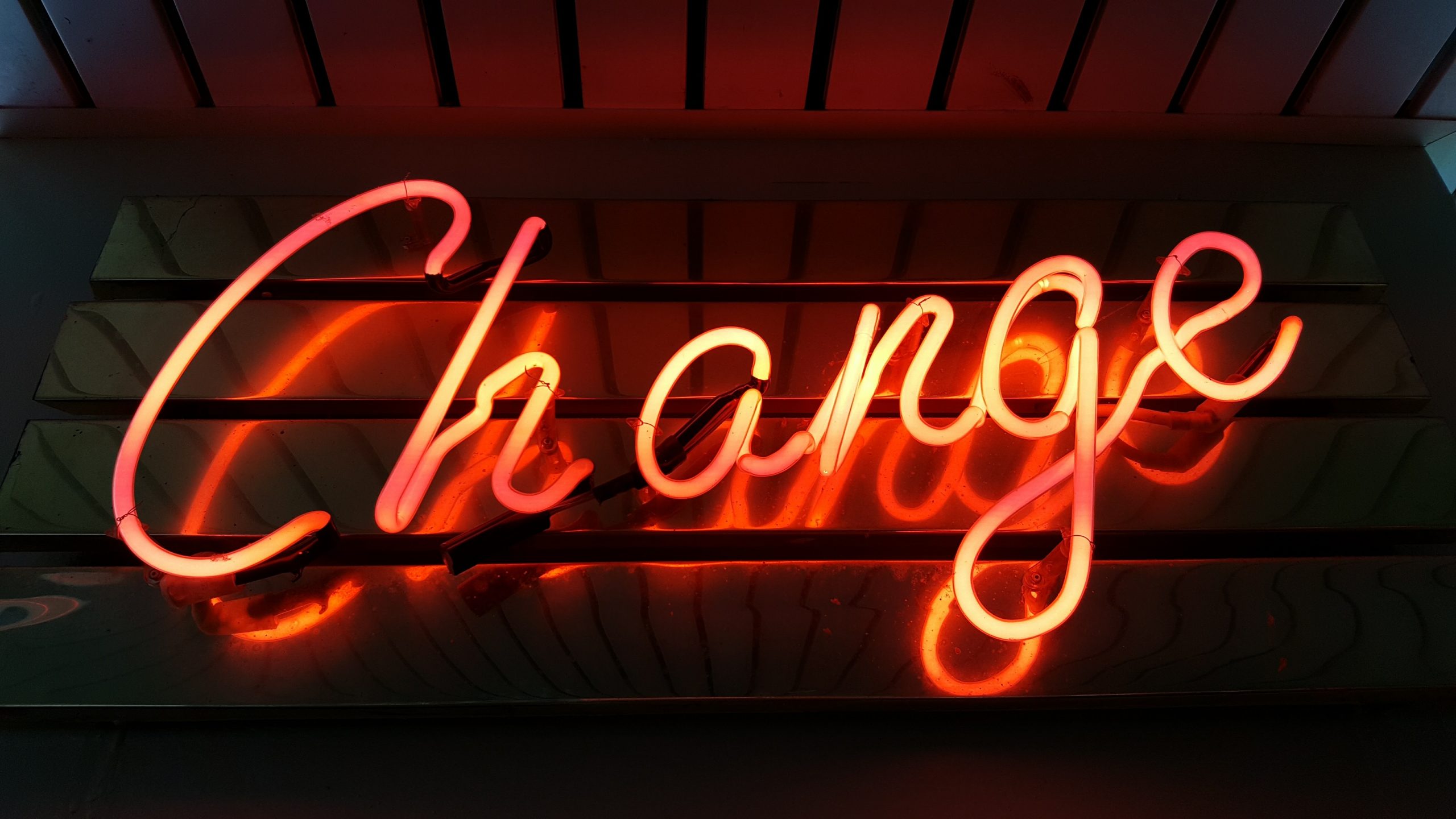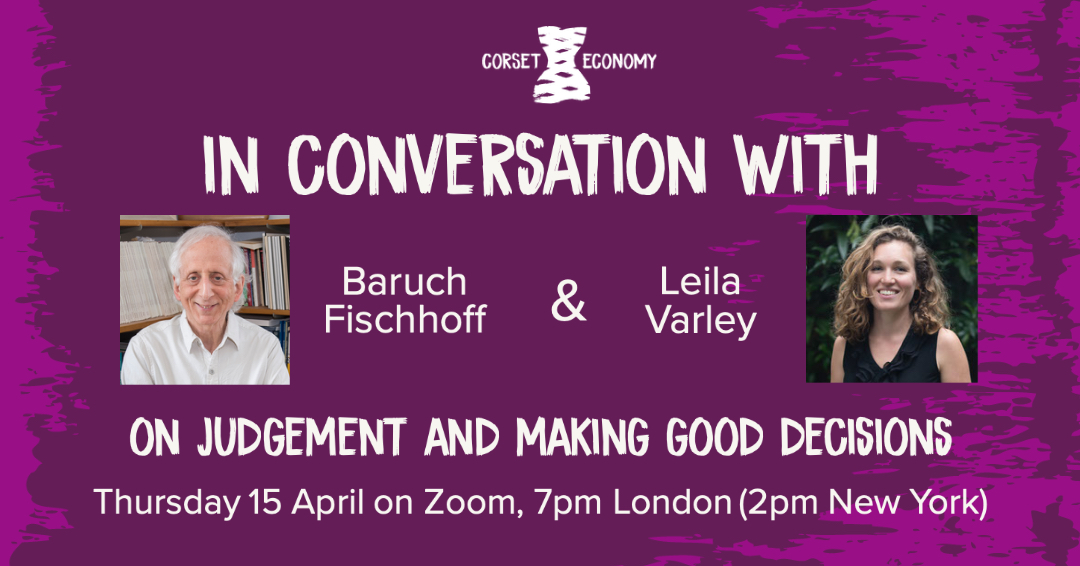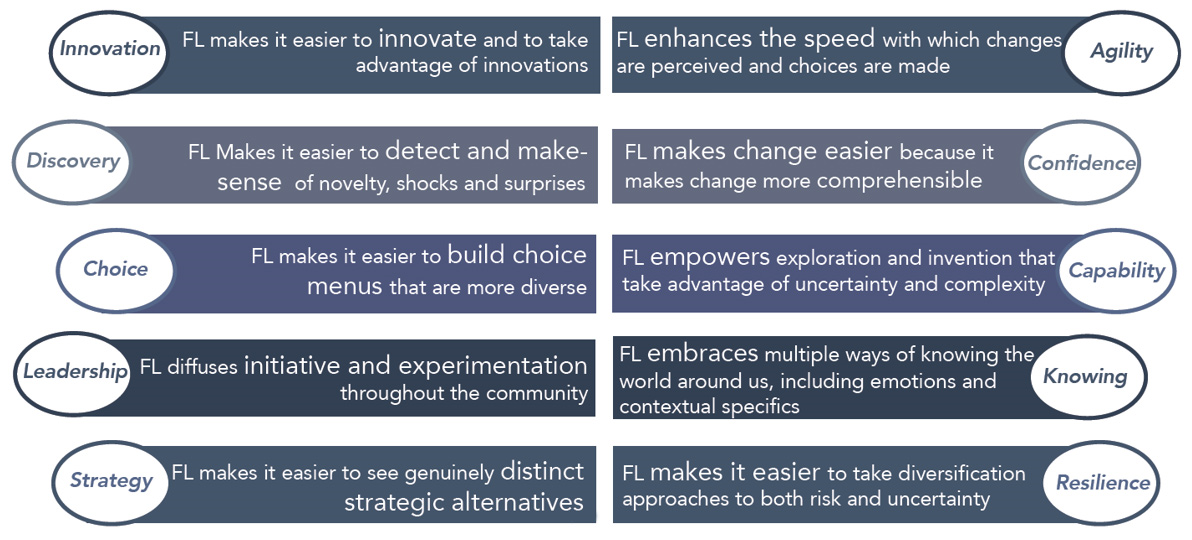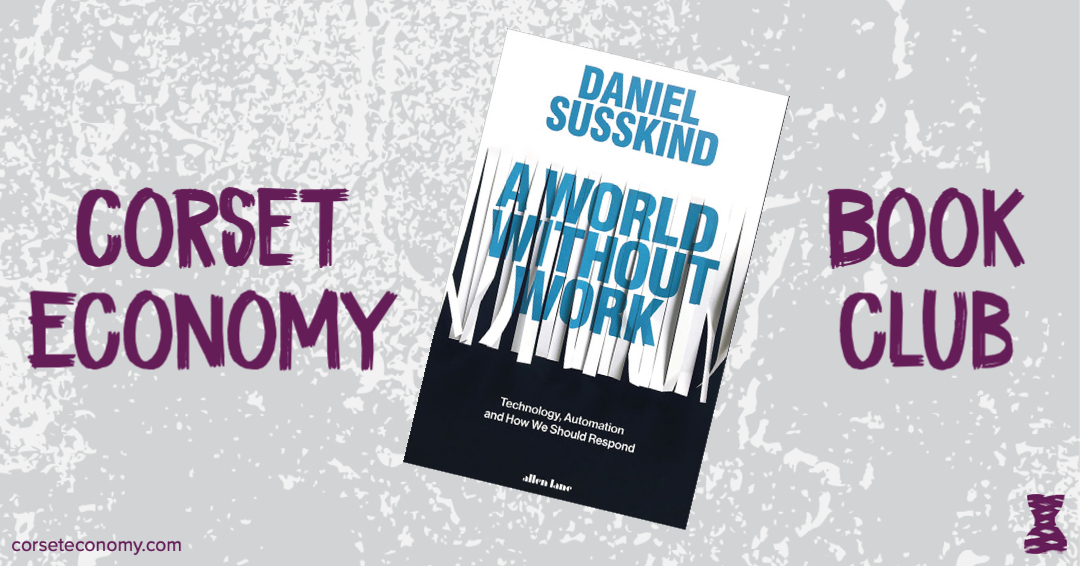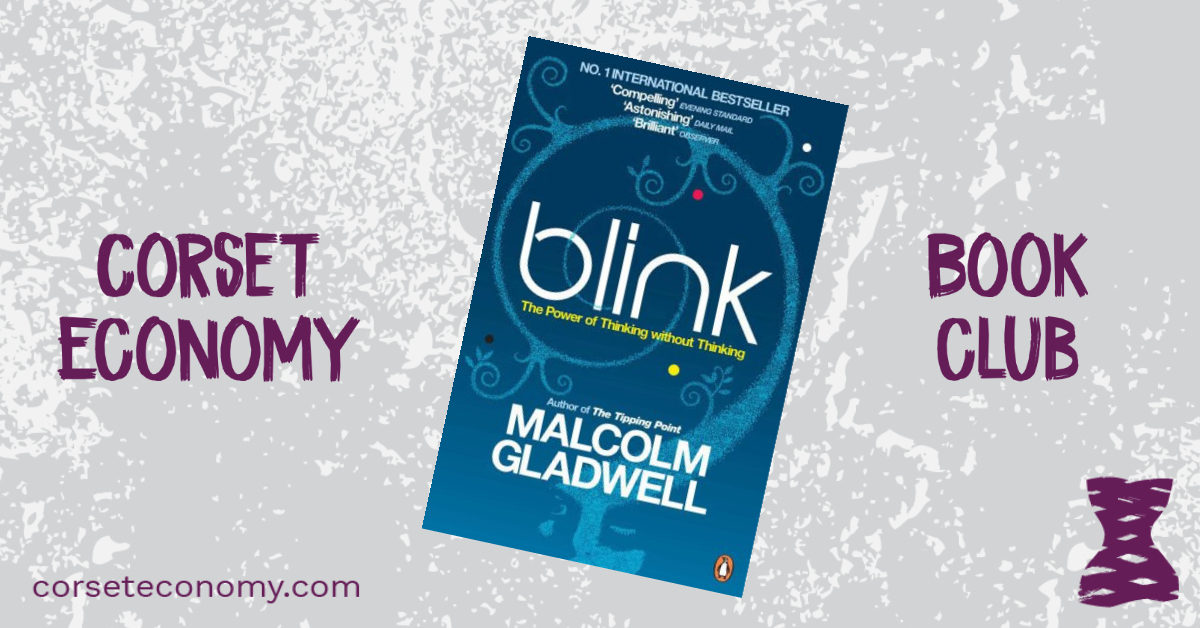Trends for 2022: what to pay attention to in the New Year
A ritual that takes place at the end of each year is that countless experts and forecasters predict their key trends for the coming year. We don’t like predictions, which tend to focus on the immediate at the expense of the more subtle but important longer-term drivers of change, yet it is always useful to keep an eye on the horizon. Here’s what we think you should be taking notice of in the New Year.


